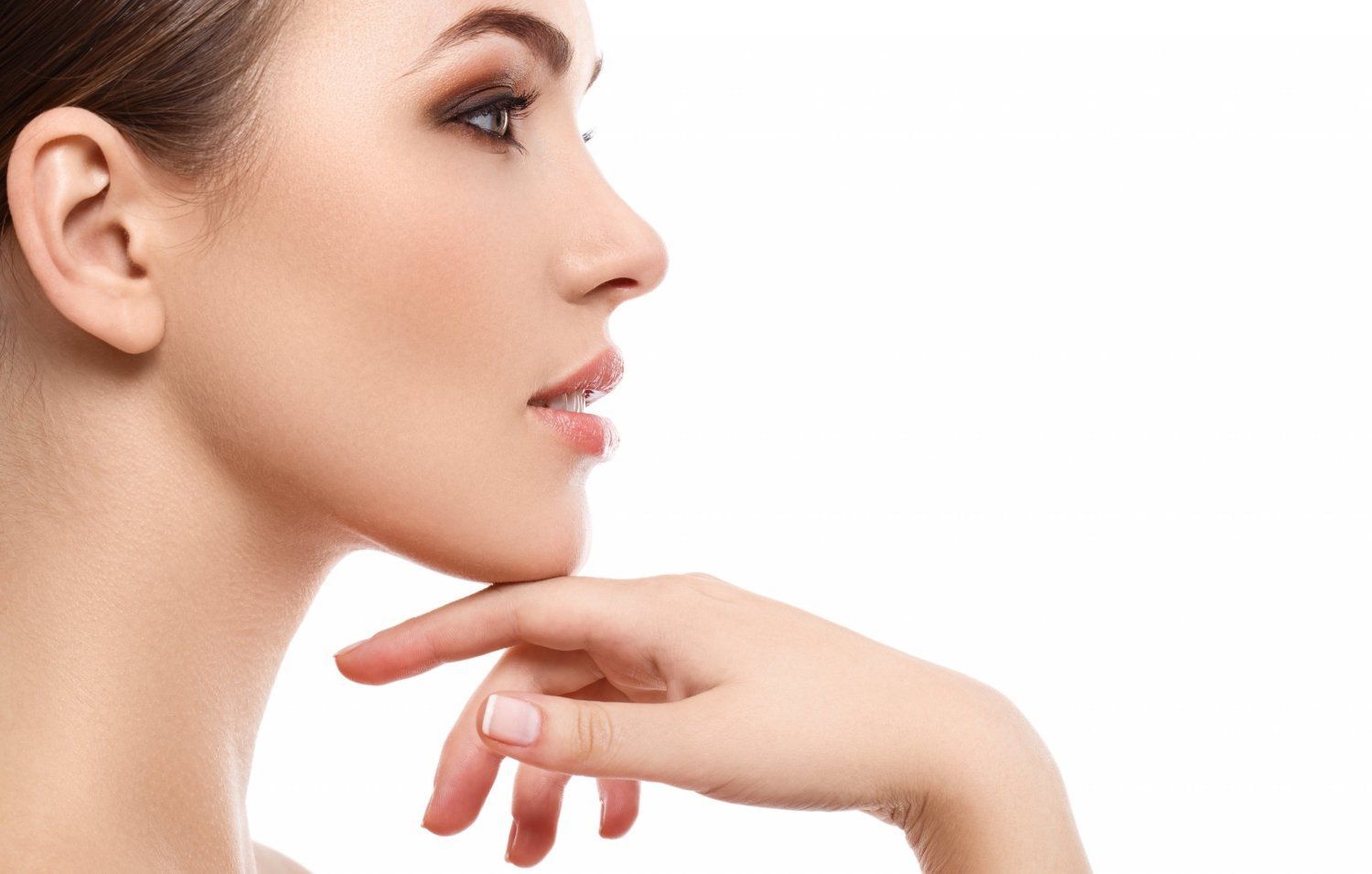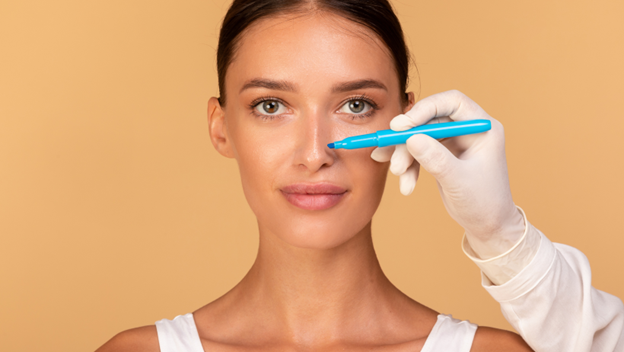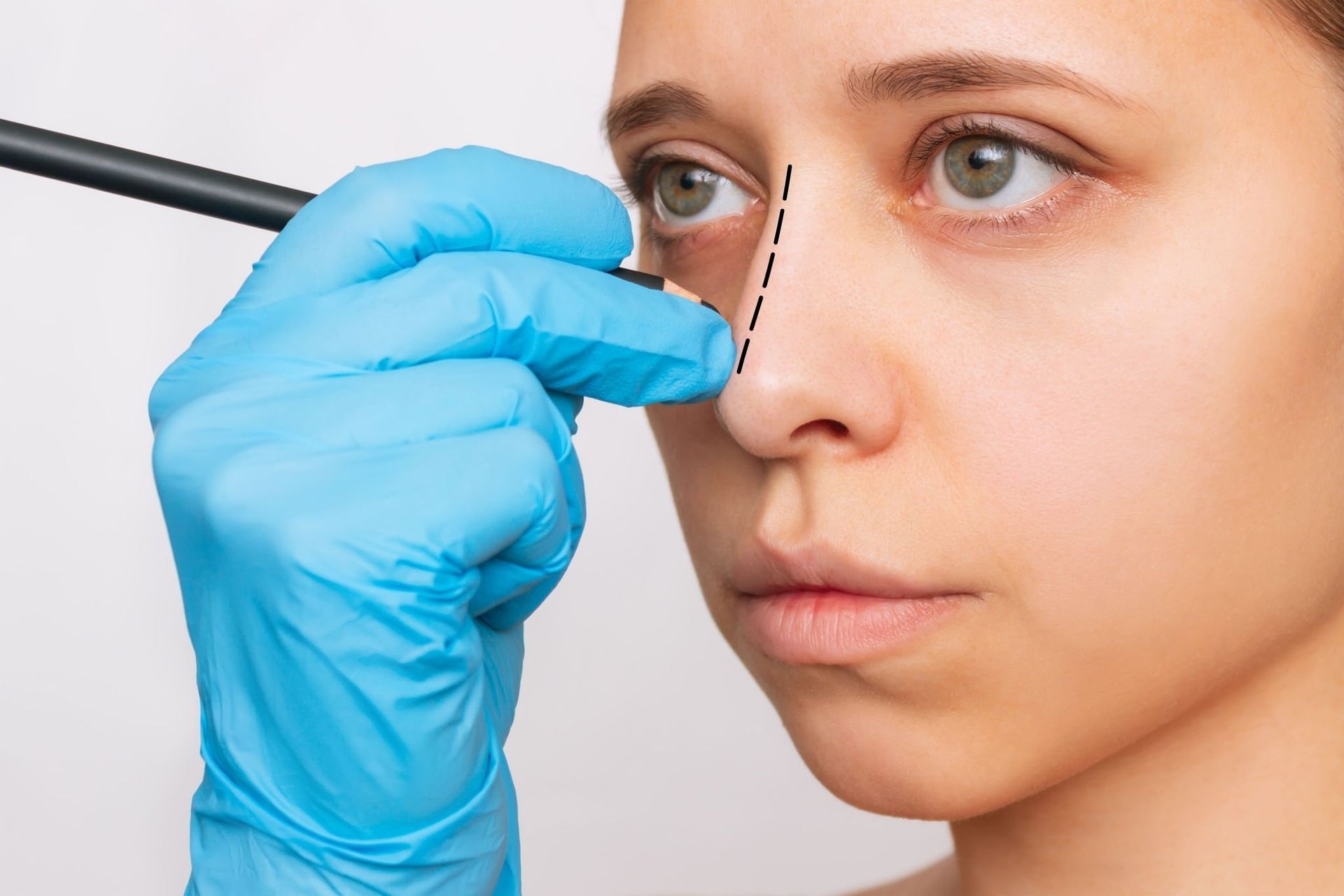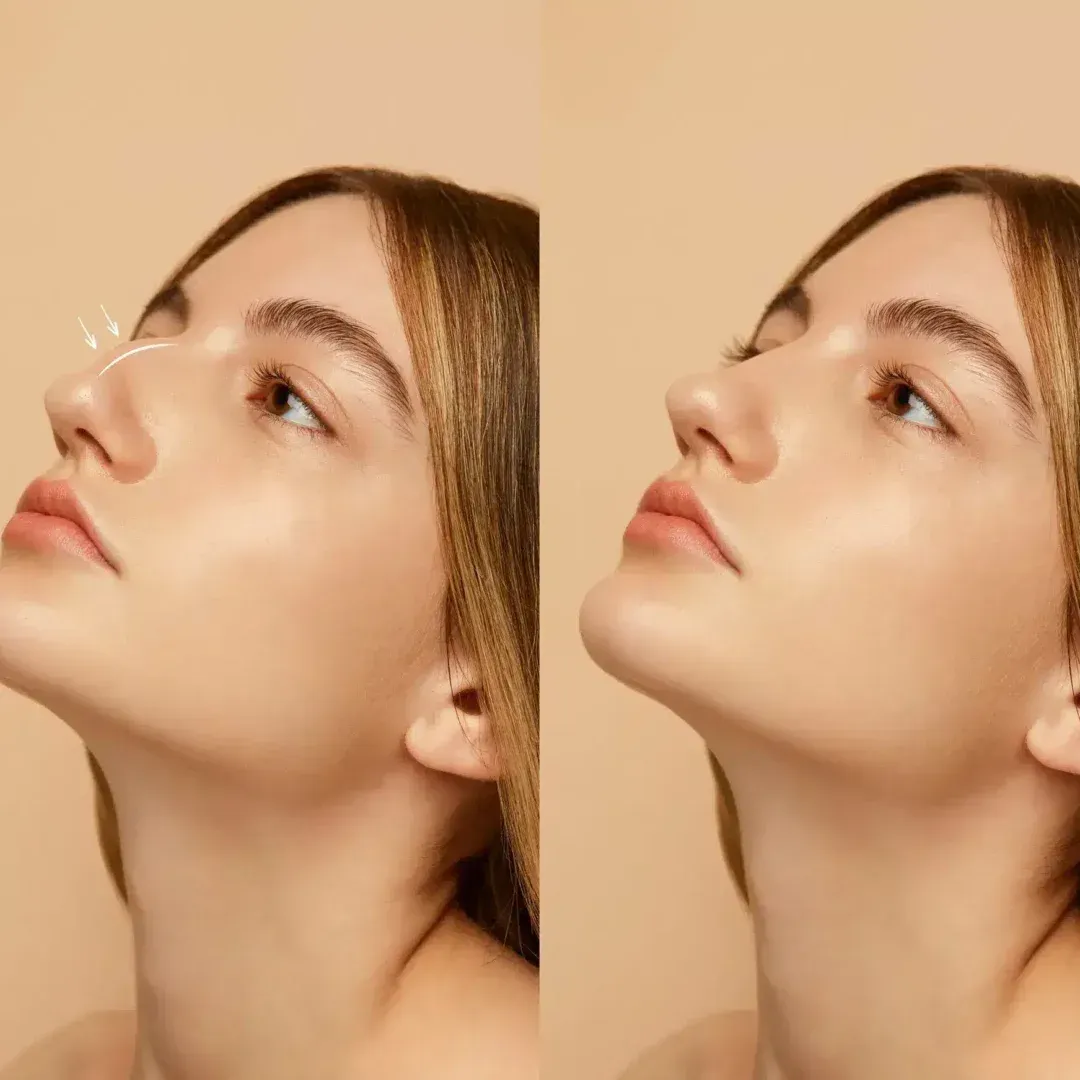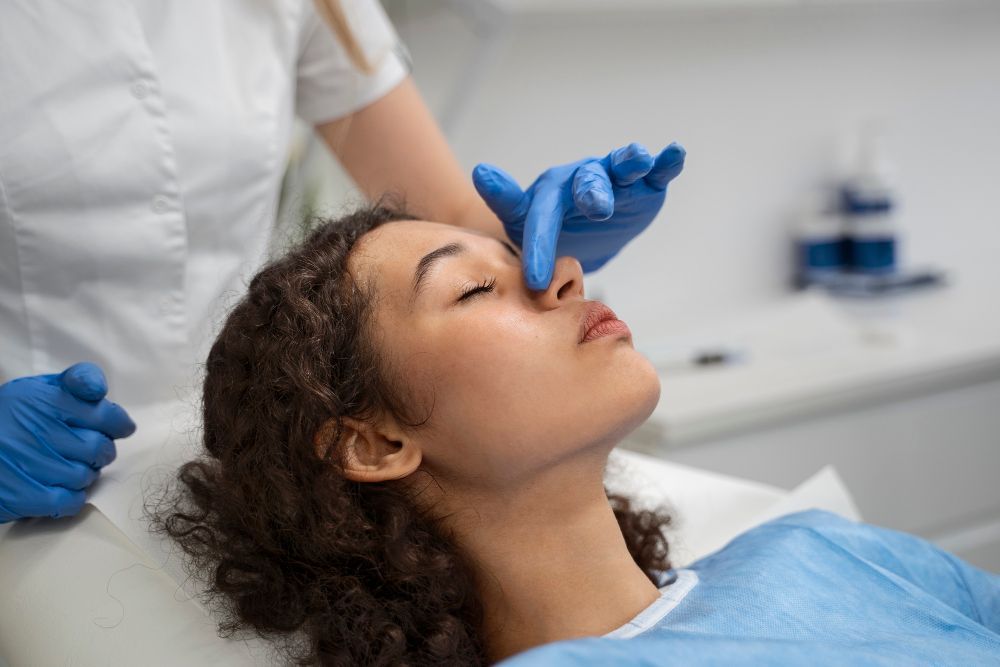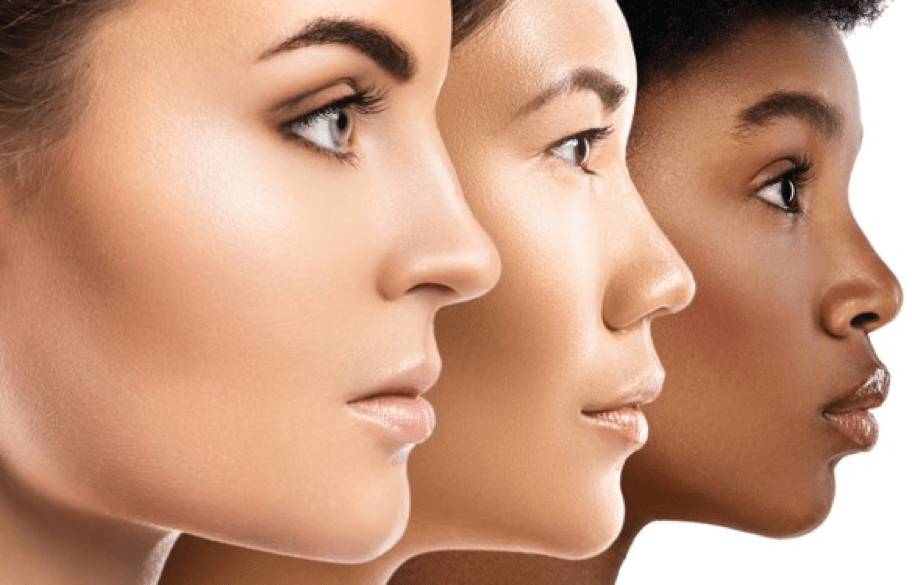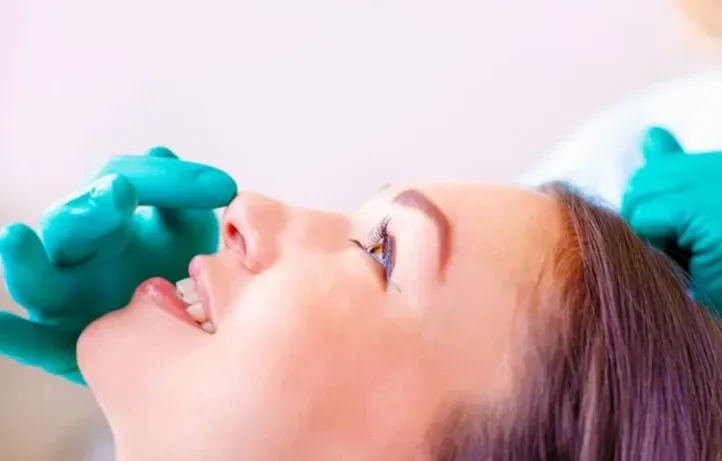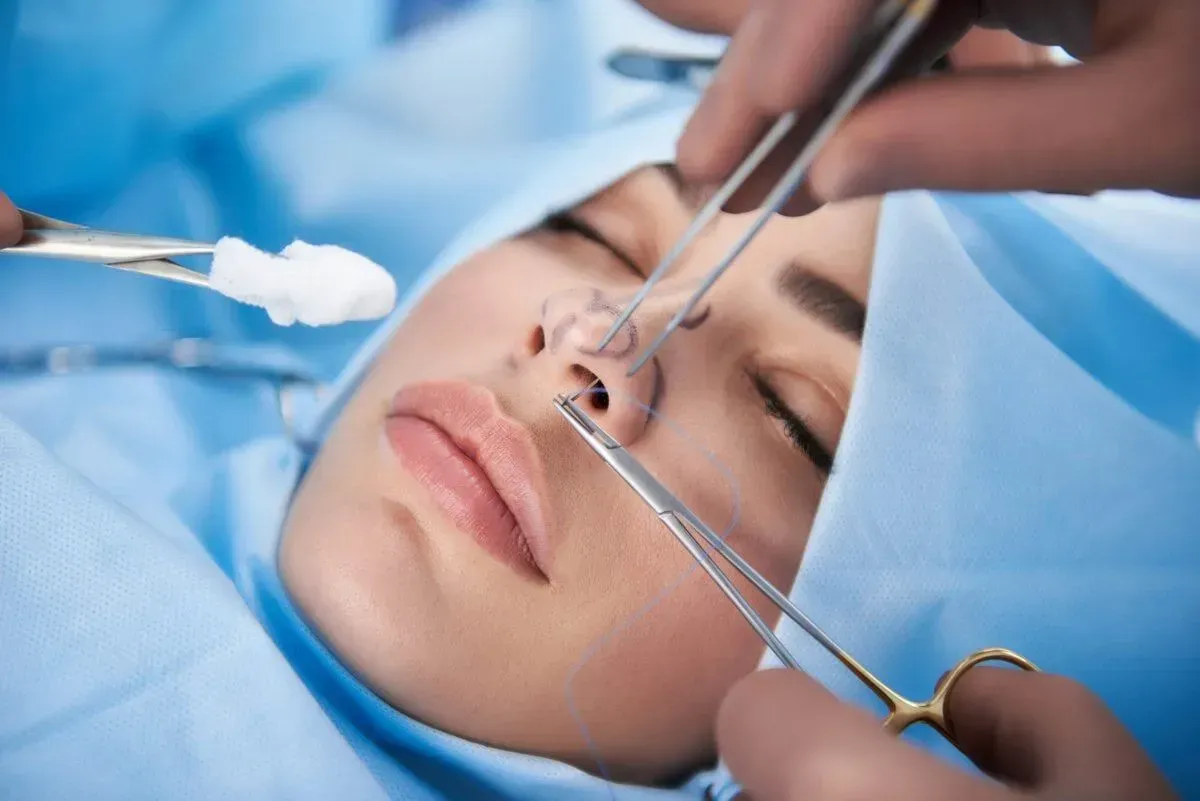Confidence Reimagined: How Rhinoplasty Can Improve Your Self-Esteem
Confidence Reimagined: How Rhinoplasty Can Improve Your Self-Esteem
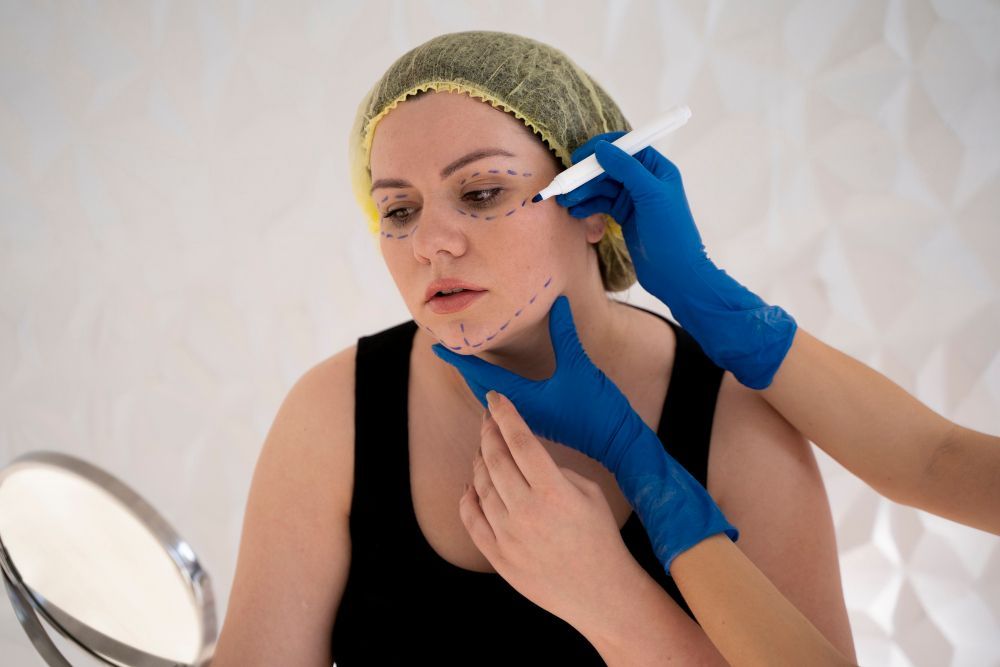
Healing More Than Just a Nose—Transforming How You See Yourself
For many people, especially those who have experienced teasing, trauma, or long-standing insecurities, the nose becomes more than a facial feature—it becomes a source of emotional burden. Whether it's a pronounced bump, a crooked bridge from an old injury, or a tip that feels out of proportion, nasal appearance can deeply impact how individuals see themselves and how they believe the world sees them.
While rhinoplasty is often viewed as a cosmetic procedure, its psychological benefits are just as profound. In South Korea, where aesthetic precision and artistic facial balance are at the core of surgical technique, rhinoplasty is helping people from around the world reclaim their confidence and reshape their self-image.
💡 The Psychology of Appearance: How Facial Features Affect Self-Esteem
Our faces are central to how we present ourselves—they influence first impressions, social comfort, and self-worth. Among all facial features, the nose is particularly significant because:
- It’s located in the center of the face, affecting overall symmetry
- It’s often the first feature people notice
- It’s difficult to “hide” or downplay
For individuals dissatisfied with their nose, this dissatisfaction can manifest as:
- Avoidance of photos or video calls
- Social anxiety or isolation
- Negative body image
- Persistent self-consciousness, especially in adolescence and early adulthood
According to psychological studies, even minor improvements in facial harmony can significantly boost confidence, mood, and social engagement.
😞 Common Nose-Related Insecurities
Many patients who seek rhinoplasty share a history of emotional struggles related to their nose, including:
❌ Childhood or Teenage Bullying
"They used to call me names like 'big nose' or 'hook nose'. It stayed with me for years.”
❌ Post-Trauma or Injury
“After my accident, my nose healed unevenly. I never felt like myself again.”
❌ Asymmetry or Disproportion
“My nose just doesn’t match the rest of my face. I always focus on it in photos.”
❌ Cultural or Social Pressure
“Where I come from, beauty standards are harsh. I always felt like I didn’t measure up.”
These experiences, while deeply personal, are incredibly common. And for many, rhinoplasty becomes not just a cosmetic decision—but an emotional healing process.
🌟 Real Patient Stories: Confidence Reborn
🌍 Sophia, 28 – Australia
“I avoided dating for years because of how I felt about my nose. After my surgery in Korea, I felt like the best version of myself. Not a different person—just me, without the burden.”
🌍 Kareem, 31 – UAE
“A childhood accident left me with a crooked nose and breathing issues. I went to Korea hoping for a functional fix, but I also got back my confidence. Now I speak on stage without worrying how I look from the side.”
🌍 Hana, 22 – Singapore
“Growing up, I always compared myself to influencers. Korean rhinoplasty gave me subtle, natural changes—and more importantly, peace of mind.”
🎨 Why Korean Rhinoplasty Feels More Natural—and Empowering
South Korean plastic surgeons are globally recognized for their artistry and nuanced approach. Instead of dramatic overhauls, they focus on:
- Enhancing natural facial harmony
- Preserving ethnic features and individuality
- Creating soft, balanced, and proportional results
- Avoiding exaggerated or artificial-looking changes
This ensures patients don’t just look better—but feel like a refined, authentic version of themselves.
Techniques that support this approach:
- 3D facial simulation and morphing tools
- Closed rhinoplasty for minimal scarring
- Use of autologous cartilage (your own tissue) for natural structure
- Tip refinement and bridge augmentation without over-projection
🧠 The Role of Expectations and Psychological Readiness
While rhinoplasty can be deeply empowering, it's important to approach it with:
- Realistic expectations: It can enhance your appearance—not completely change who you are.
- Emotional maturity: Especially for younger patients, readiness includes understanding that no nose is “perfect,” and the goal is harmony, not flawlessness.
- Mental health support: If insecurities stem from deeper emotional trauma, counseling before or after surgery may help support long-term confidence.
Top clinics in Korea provide pre-surgery assessments and psychological screening to ensure the procedure is a healthy, informed decision—not a rushed escape from self-doubt.
🧳 Why International Patients Trust Korea
Korea’s rhinoplasty success isn’t just technical—it’s cultural:
- Compassionate, patient-centered care
- Focus on subtle, elegant enhancements
- Deep understanding of how self-esteem ties into beauty
- Multilingual care teams and personalized consultations for international visitors
Whether you’re seeking a small refinement or full reconstruction, Korea’s holistic approach to facial aesthetics has helped thousands of patients feel emotionally liberated—not just physically transformed.
📣 Final Thoughts: Your Confidence Is Worth It
Rhinoplasty is more than a change in appearance—it’s a deeply personal journey toward emotional healing and confidence restoration. For those who’ve lived with shame, teasing, or discomfort, it can be the key to a freer, more empowered life.
And in Korea, you're not just a case—you’re an individual with a story, a spirit, and a face that deserves to be seen, not hidden.

